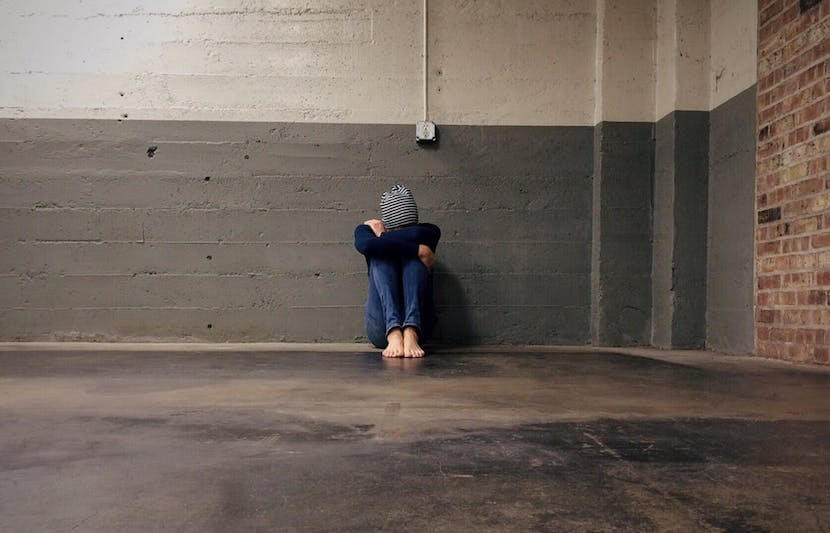A team of researchers from Lancaster University in the UK has developed an app — the “Social Connectedness App” — that can help cure loneliness in older adults.
The research to create the “Social Connectedness App” is part of the “Mobile Age” project, and was funded by Horizon 2020 EU.
The “Mobile Age” project has universities, local authorities and business professionals from all across Europe working to create mobile open-data services to limit the growing loneliness epidemic in specifically South Lakeland in the UK, Bremen in Germany, Zaragoza in Spain, and Thessaloniki, Greece, said Niall Hayes, professor of information and organization at Lancaster University and leader in the UK research.
Loneliness has been on a steady rise for older individuals in Europe. The digital age has left seniors feeling increasingly incapable and disconnected with society. According to Age UK, loneliness can be as physically harmful as smoking or obesity. This raises a tremendous health concern for the 3.9 million older individuals who claim that the TV is their best friend.
“Changes in lifestyle, for example retiring, losing loved ones, poor health, as well as being a carer can affect people’s ability to take part in social events and meet others,” said Hayes.
This new app could reintroduce older individuals to society.
“Older adults are a largely untapped source of smart, sociable people but they are at risk of being excluded from the digital age as they often cannot access the information that others have at their fingertips,” Hayes said in a statement.
Rather than isolating them from the digital world, our research looks at co-creating something that works for them – opening up a brand new world of information that should create more social opportunities and a greater feeling of community.
When the researchers conducted their initial interviews with older people, they learned that the individuals wanted to take part in local events and activities but were worried about safety and convenience.
“Older people may not attend an event if they can’t be sure that they will be able to get there and back safely,” said Hayes. “That includes knowing how much they would have to walk, if there are obstacles like stairs, if there is space for parking nearby, or there is public transport with stops close enough to the venue. Also knowing where public toilets and benches are could make the journeys more accessible. Some people also have difficulty driving after dark, so knowing if the event finishes in time for them to drive home before darkness falls is also important.”
The “Social Connectedness App” gives older citizens the necessary information to make a decision on whether they can attend an event or not.
The app works by collecting all the open data surrounding local events and services, said Hayes. It shows a list of nightly events and how to attend them. The app displays routes to get to the events, public transportation information, weather and daylight times, and informs its users where the closest bus stops, public toilets, and benches are.
“Most of this information can be found by searching online, however you would need to know where to look for them,” said Hayes. “The user would be required to run multiple searches and also to be experienced or knowledgeable enough about the internet to avoid any misleading or harmful sites. The open data used by the app comes from local government and third sector organisations, and they ensure that it is up-to-date and trustworthy.”
Because each older adult will require different needs and services, the users can create individual profiles on the app.
“The profile captures location and distances they want to travel, levels of mobility, preferred mode of transport and types of events they are interested to attend,” said Hayes.
This way, the information the users receive is always relevant to them.
The app is in its final stages of development and will be rolled out in a pilot community this year. The researchers want to test it in multiple community groups and encourage carers and volunteers to help local older people use the app to access events.
“We want to capture the views of as many people as possible before passing on our policy recommendations – which will include the recommendation that large screens are displayed within existing community groups so all attendees get into a routine of accessing information and planning their next participation,” Hayes said in a statement.



